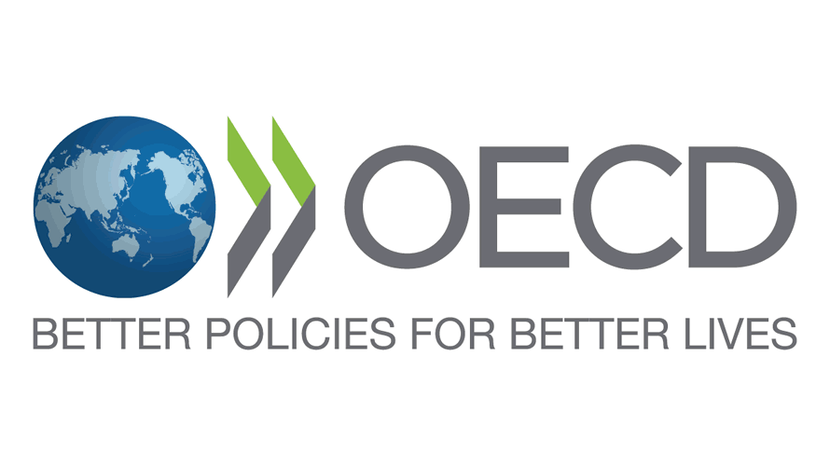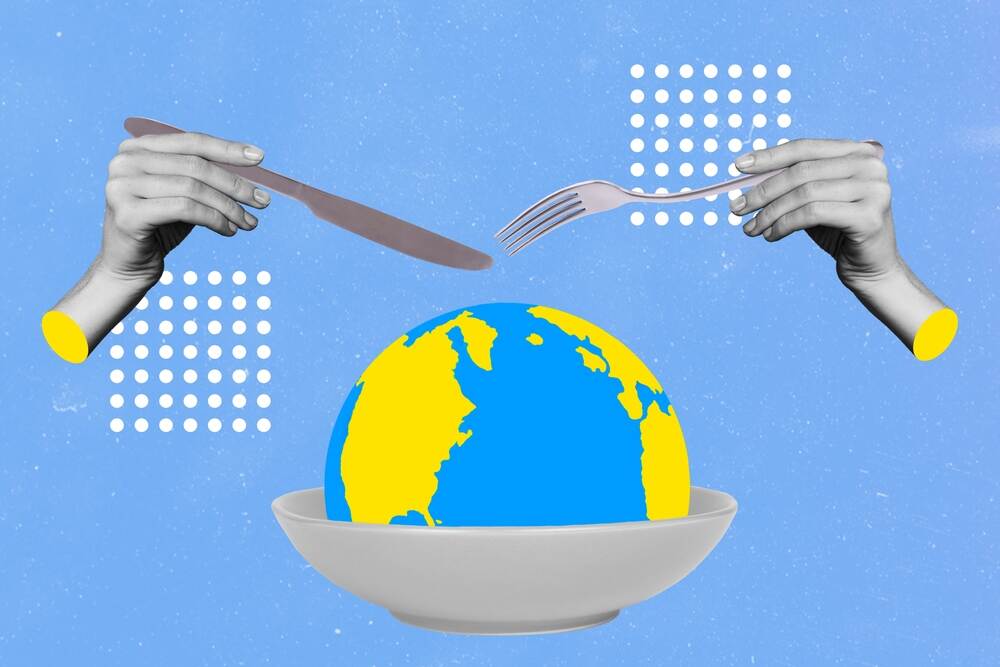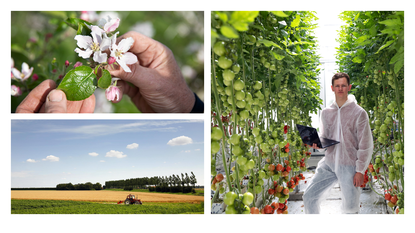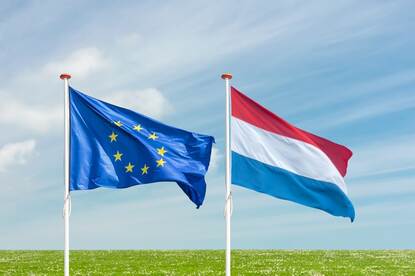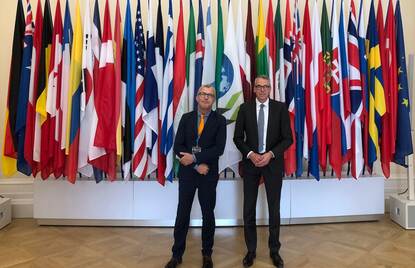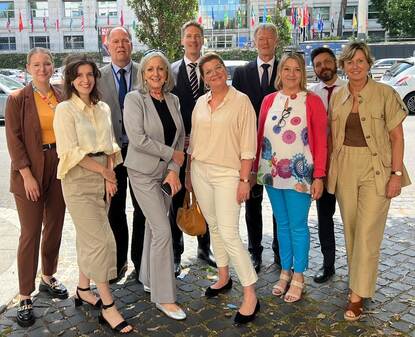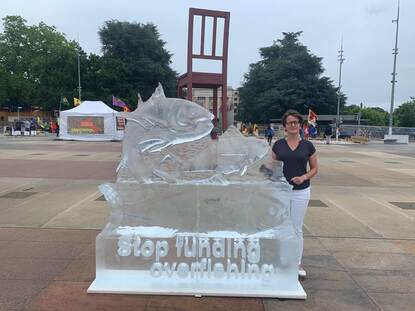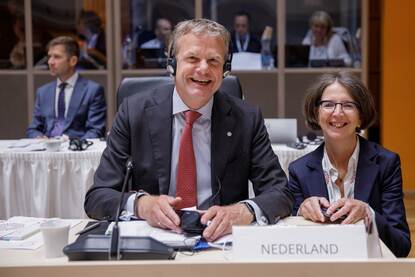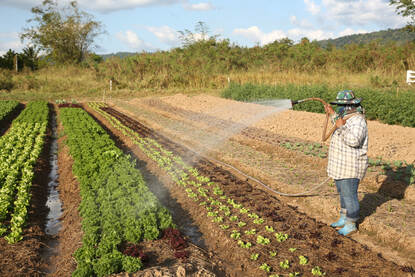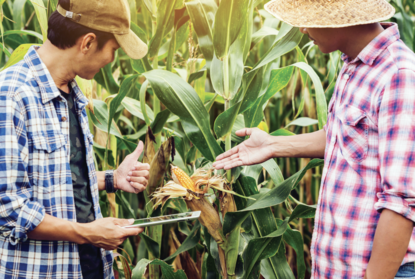Foto Source: Shutterstock
As an Agricultural Policy Analyst at the Organisation for the Economic Co-operation and Development (OECD) in Paris, Koen Deconinck analyzes trends and challenges for global agriculture and across the food chain. He also looks at how policies affect countries that work together in the OECD. The Netherlands plays a key part in our joint efforts to improve global food systems, Deconinck notes. He points out that working together is key. Otherwise, efforts can be scattered and opportunities missed.
Can you elaborate on your decision to work at the OECD?
‘I initially joined the OECD as a consultant for a period of six months, after I had finished my PhD in Economics in Leuven, Belgium. I went back to Belgium and worked in the private sector for two years before I found a job at the OECD that perfectly suited my interests and expertise.’
‘My first project was writing the overview chapter of the OECD-FAO Agricultural Outlook. It was a solid foundation to look at food systems more closely, as it required me to learn about the diverse circumstances of different countries and the intricate connections between different agricultural markets. At the same time, I looked at issues affecting food supply chains, both upstream and downstream from farms. For instance, I conducted a study on concentration in seed markets (at the time of the Bayer-Monsanto merger).’

How did your involvement with the food systems theme come about?
‘Over time, I noticed that there was a shift in discourse: specifically in policy discussions. People were increasingly talking about food systems rather than just agriculture, health, or environment separately. This was the starting point for our OECD report Making Better Policies for Food Systems (2021). Because many others were writing about food systems, we asked ourselves in which area the OECD could make the biggest contribution. We decided to focus on processes rather than trying to come up with a single prescription for all countries.’
Our follow-up work focused on evidence gaps, as we realized that for many food systems issues there are problems around data availability or gaps in our knowledge of what we can do to tackle a problem. This led to three case studies on: food insecurity in developed countries, gender aspects of food systems, and environmental impacts across the food supply chain.’
‘Our current work covers a range of subjects. For instance, we are looking at how we can measure and communicate environmental impacts of food products. We are also taking stock of policies to reduce food loss and waste. We are studying consumer attitudes and behaviors around sustainable food. And, we are looking at how to build more resilient food systems.’
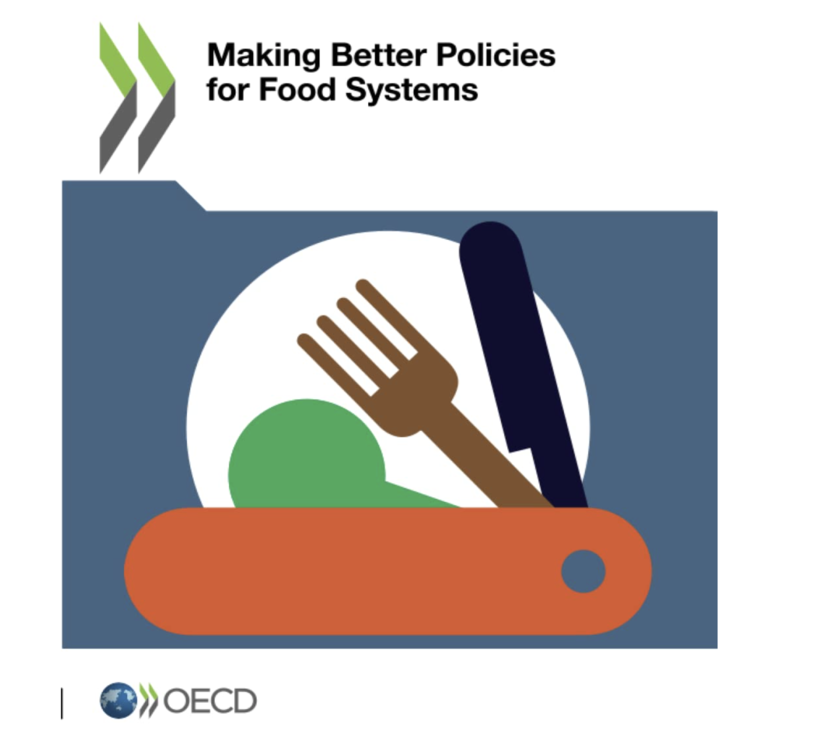
What is the most significant global challenge to food security, and how has this motivated your commitment to addressing it?
‘Globally, hunger is often caused by conflicts and poverty, rather than an actual shortage of food. And food security is not just about calories. It is also about giving people access to nutritious food, which includes proteins, vitamins, and minerals. Therefore, dealing with food security and nutrition issues requires a holistic perspective. Reducing poverty plays a central role in combating malnutrition, as poverty is a significant driver of food insecurity. The most important levers may be outside the food system, so to speak. But there are also other levers which are inside the food system. For example, fortification - the practice of increasing the content of one or more micronutrients in a food or condiment - can help make micronutrients more widely available.’
What are the primary objectives of the OECD's work on food systems?
‘Our starting point is that food systems globally are facing a triple challenge:
- providing food security and nutrition for a growing population;
- ensuring livelihoods of millions of farmers and workers along the food supply chain; and
- achieving environmental sustainability.
On top of that, we also want resilience across those dimensions. All countries are struggling with this challenge. But food systems are incredibly complex, and context specific. So instead of providing detailed prescriptions, we focused on giving recommendations on how countries can set up their policy process to discover the right policies for themselves.’
‘For example, it is often difficult to achieve better policies because of disagreements over facts, interests and values. That is why we provide suggestions on how countries can structure their policy process to create a shared understanding of the facts, to create a level playing field between different interest groups, and to reconcile different values – or take a decision despite those differences. Additionally, since many challenges transcend national borders, the OECD also serves as a platform for countries to share experiences and work together on shared challenges.’
‘The OECD serves as a platform for countries to share experiences and work together on shared challenges’
In your view, how can the Netherlands contribute to the OECD food systems?
‘Currently, the Netherlands is already deeply engaged in this area. For example, we discuss our research several times a year with our member states, and the Dutch delegation always has constructive comments or suggestions to get in touch with Dutch experts. The Dutch have the advantage of having renowned knowledge hubs, like Wageningen University & Research (WUR), which serve as valuable resources for research and innovation in food systems. The productivity of the Dutch agri-food sector is well known among other countries, as well as the challenges, so other countries are always interested in hearing about Dutch experiences.’
‘Moreover, the Netherlands acts as an ambassador for OECD work, promoting our work in national and international forums. Overall, the Netherlands' continued engagement and collaboration within the OECD framework are crucial for advancing global efforts to tackle the triple challenge of food systems.’
How is the Netherlands currently collaborating with the OECD, and what successful projects have emerged from this collaboration?
‘The Netherlands is actively collaborating with the OECD through various initiatives. One notable area of collaboration involves addressing the gender aspects of food systems. This effort aims to better understand and address the roles, challenges, and opportunities faced by women and men across the food supply chain. Recently, the OECD also worked with the Netherlands to produce a major report on policies for the future of farming in the Netherlands.’
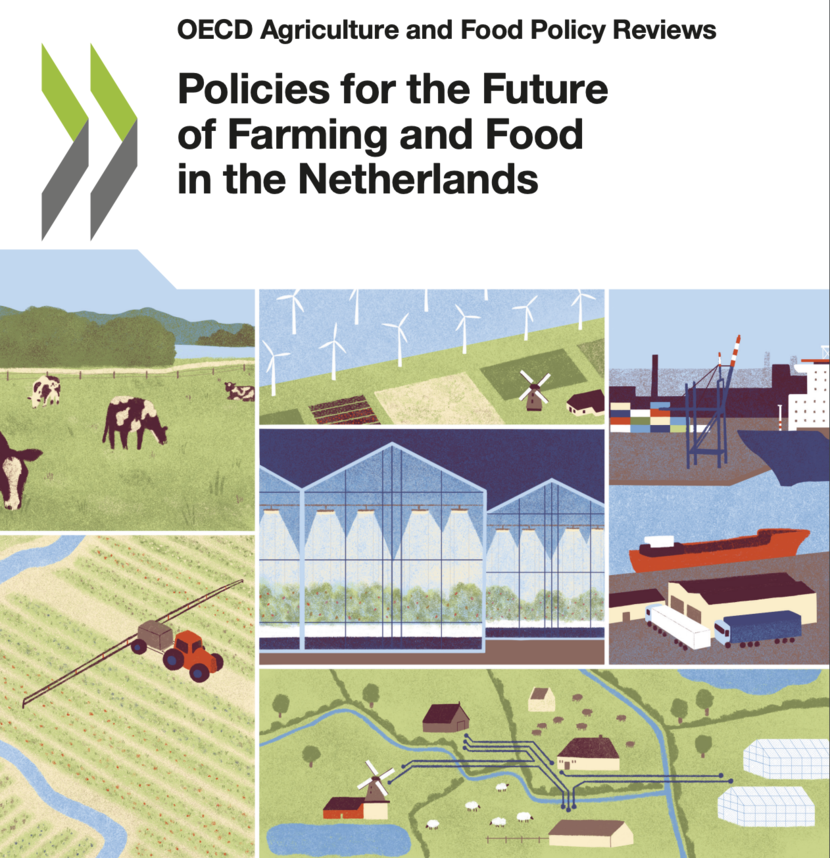
In what ways could Dutch businesses and the government intensify their efforts to support the OECD's goals regarding food systems?
‘The goal is not for the Netherlands to help the OECD. It is the other way around: our goal is to help our member states address their policy challenges. But an important part of that is sharing insights across countries. So, we are always interested in hearing from Dutch stakeholders and experts. Usually, these contacts are organized through the national government (Ministry of Agriculture, Nature and Food Quality). By sharing experiences and best practices, Dutch businesses, experts, and government agencies can play a crucial role in advancing the OECD's objectives related to systems.’
What will be the potential risks if effective collaboration among Dutch ministries in the field of food systems is insufficient?
‘In general, the big challenge with food systems is the coordination across many government agencies and ministries, and different levels of government; many countries struggle with this. Without coordination, policies may be fragmented, leading to inefficiencies, and missed synergies. Ministries could be making policies that contradict each other, for example. So closer collaboration is crucial. This is also true at an international level, of course. Coordination is not always easy, but in the long run it is the best way to contribute to resilient and sustainable food systems.’
See also
- YouTube video: We've Got Answers: Food Systems
- YouTube video: Agricultural Policy Monitoring and Evaluation 2023: Adapting Agriculture to Climate Change
Read more
Contact
- Address: Permanent Representation of the Netherlands to the OECD in Paris, 7, rue Eblé, 75007 Paris, France
- E-mail: PAO-LNV@minbuza.nl
- Phone: 0033 14062 3347 / 3313
- X: @AgriPV_OESO
- Website (in Dutch): Permanente Vertegenwoordiging van Nederland bij de OESO
- Website (in English): Permanent Representation of the Netherlands to the OECD
